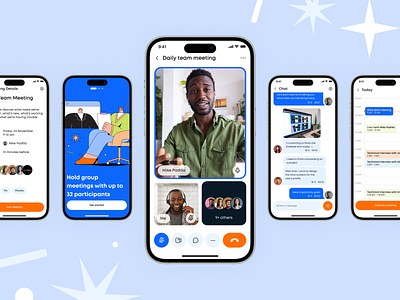The reality of COVID-19 has become an eye-opener, pushing organizations of the brick-and-mortar era—if you like, the analogue era—to penetrate and leverage the digital space. The world is now embracing communication software designed for the seamless transmission of information across various channels.
During the ravaging pandemic, which forced the world into lockdown, certain communication software emerged into the limelight and became essential tools for business. These applications help corporate bodies remotely transmit files in multiple formats between computers.
These software applications are integral components of communication systems within the Open Systems Interconnection (OSI) Model, which enables diverse communication systems to interact using standard protocols. They function similarly to instant messaging, group communication apps, team chats, and other platforms.
Digital Economy outlines some business communication apps that are most commonly used in corporate organizations such as finance, technology, and more:
- Slack
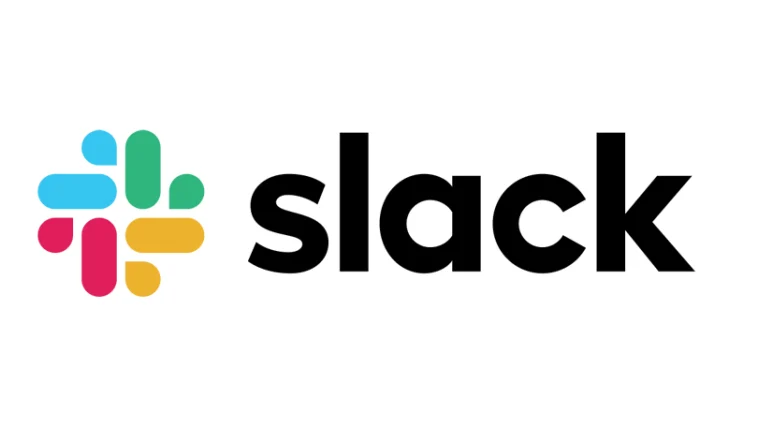
Developed by Salesforce during the pandemic, this communication platform is widely used by businesses and large organizations across the African continent. Known for its flexibility and organization, Slack features channels that facilitate easy connection across departments, offices, time zones, and companies. The application also speeds up communication and helps get work done with clients, vendors, agencies, and more.
- Skype
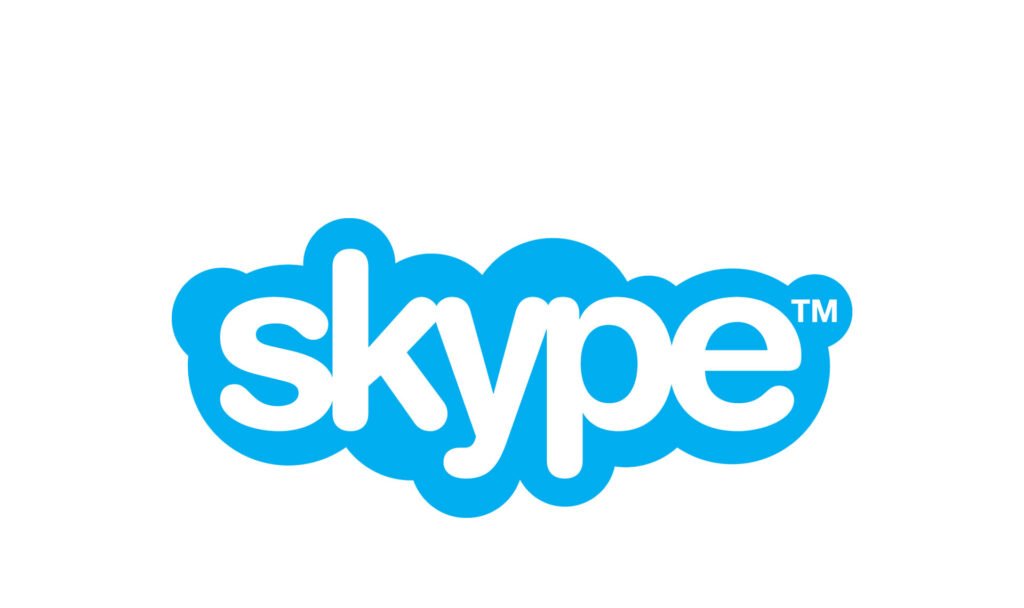
Developed by Microsoft in 2003, Skype is a telecommunication app leveraged by corporate bodies, especially in the media space. Broadcast media often use Skype to interview guests in remote areas, and it is also used for face-to-face conversations with clients. Skype is best known for videotelephony, video conferencing, and voice calls.
- Zoom

Founded in 2011, Zoom is a video conferencing app widely utilized by corporate and public bodies. The app features not only video meetings but also the ability to record meetings, make annotations, and provide modern video calls with live messaging and content sharing for desktop and mobile devices.
- Google Meet
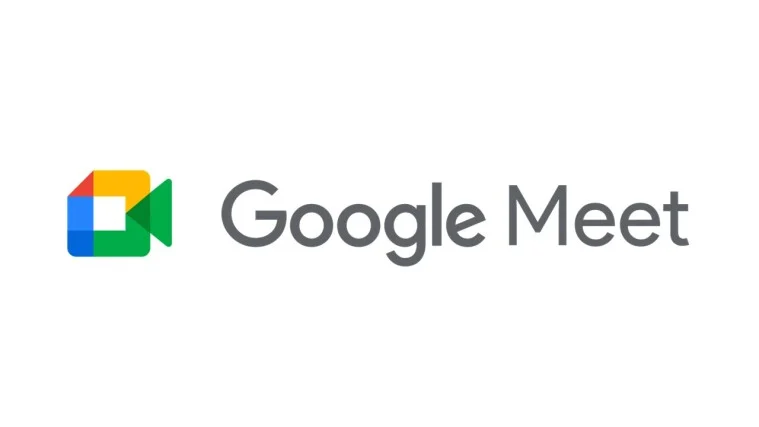
This video conferencing application is popular among businesses in Africa. Users with a Google Account can enjoy the same benefits as business users, including making video calls from anywhere, even in suboptimal lighting. Google Meet allows users to schedule or set up instant meetings, accommodating larger groups of up to 100 people.
- Microsoft Teams
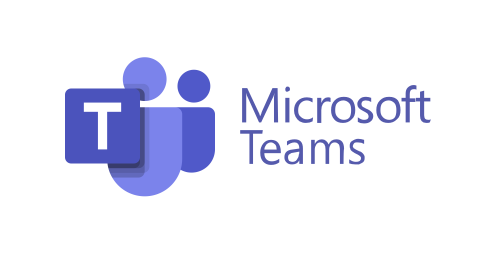
Developed by Microsoft in 2017, Microsoft Teams is a cloud-based team communication platform offering business messaging, calling, video meetings, and file sharing. Corporate businesses in banking, telecom, and other sectors use the app on desktops or any internet-connected device. As of 2024, new features include MS Premium, Co-Pilot for MS 365, and MS Mesh.

Widely used by a large portion of the world’s population, WhatsApp has over 500 million users in India alone. In Africa, Nigeria has the highest number of WhatsApp users, with over 50 million. Owned by Meta, WhatsApp allows users to send text, voice, and video messages, make voice and video calls, and share images, documents, user locations, and other content.
- Discord

Developed in 2015, Discord is an instant messaging and distribution platform that enables users to communicate via chat, audio, and video channels. It is a popular team communication platform in gaming, allowing users to connect on servers where larger communities interact. The instant messaging app offers a multimedia experience, enabling users to stream videos, play board games, and listen to music together.
ALSO READ: NIGERIA: HOW ICT BOOSTED GDP GROWTH IN Q1 2024
The following applications are on the Google Play Store for Android users, while the IOS users can access them on the App Store.
By Tolulope Olatunji




